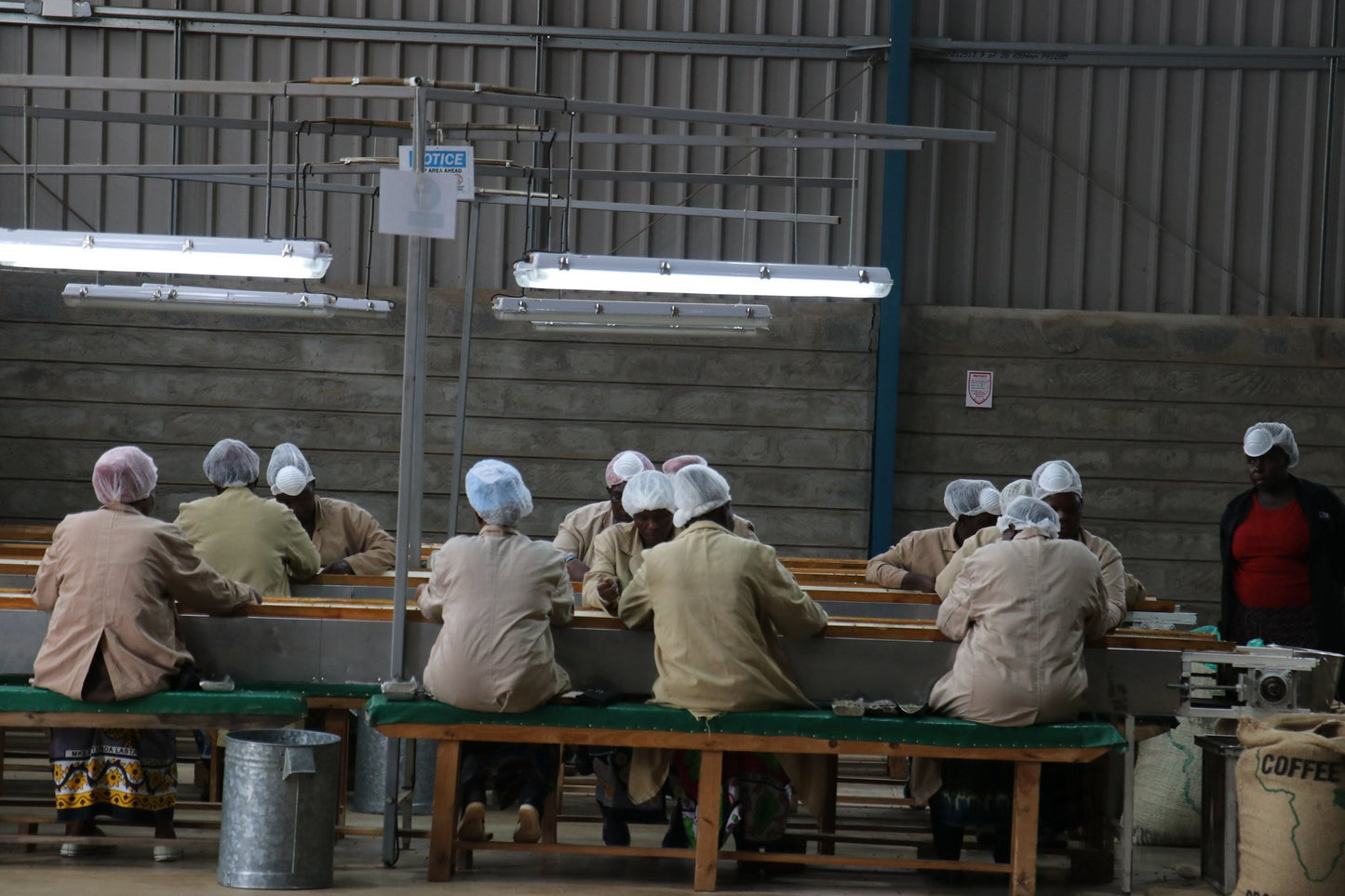Atlas - Kenya Rianjagi AA
Atlas - Kenya Rianjagi AA
Couldn't load pickup availability
Share
Shipping & Fulfillment
Shipping & Fulfillment
Orders are typically shipped out within 3 business days of placement. We use USPS and UPS to deliver orders. You will be receiving an email with tracking info once your order has shipped.





Atlas is a Titan punished by Zeus to hold up the heavens or sky for eternity after the Titanomachy.
- Producer: Rianjagi Co-operative Society
- Region: Embu County, Central Kenya
- Altitude: 1,650 MASL
- Variety: SL-28, SL-34, Riuru 11
- Grade: AA
- Harvest Method: Manually Picked
- Process: Washed
- Drying Time: Sun Dried on Raised Beds For 12 Days
SUMMARY
Built in 1976, Rianjagi Factory and Rianjagi Farmers’ Cooperative Society (FCS) is owned by the farmers. Rianjagi elects five members to its board, and a total of eight permanent staff. The board members must be active farmers and are re-elected every three years, to avoid corruption. The co-op supports its farmer members by offering pre-harvest financing, allowing them to plan and invest in the upcoming crop. They also buy inputs in bulk and distribute them to members at a lower cost than otherwise possible. The Rianjagi Farmers Cooperative is located just north of the town of Mutunduri in Embu Country Kenya. Here on the slopes of the famous the Mt. Kenya, members of the cooperative with small estates, harvest their coffee cherries, and turn it in to the Rianjagi site for processing.
This area of Embu is famous for its coffee quality, with some of the best estates and cooperatives in Kenya within a short distance of the Rianjagi site. Over the last few years Rianjagi has become a standout coffee producer with many top quality roasters purchasing their top lots. Many of the producers in the region are second-generation landholders, whose parents purchased and planted the land in the 1950s and 1960s, after agricultural reform allowed for small Kenyan farmers to produce cash crops on their family farms (instead of only on large, British owned estates). Farmers in Embu grow coffee as a cash crop alongside food crops like banana, maize, macadamia, avocados and vegetables. Tea and dairy are also important sources of income for the producers.
PROCESSING
All the coffee cherry is hand-picked and delivered on the same day to the washing station, where it undergoes meticulous sorting. This is also done by hand and is overseen by a ‘cherry clerk’ who ensures any unripe and damaged cherries are removed. The ripe cherry is then weighed and recorded, and the farmer receives a receipt of delivery.
The coffee is then placed in a receiving tank and ripe cherry is selected, pulped and fermented for 24-26 hours. The cherry is pulped using a four-disc pulping machine to remove the skin and fruit from the inner parchment layer that protects the green coffee bean. After being pulped, the coffee is sorted by weight using water, with the highest quality and densest beans being separated out from the lighter, lower-quality beans. The coffee is then moved to raised drying beds to complete the drying process and is dried for 7 - 12 days in the sunlight where it is raked and rotated routinely almost every few hours daily.





